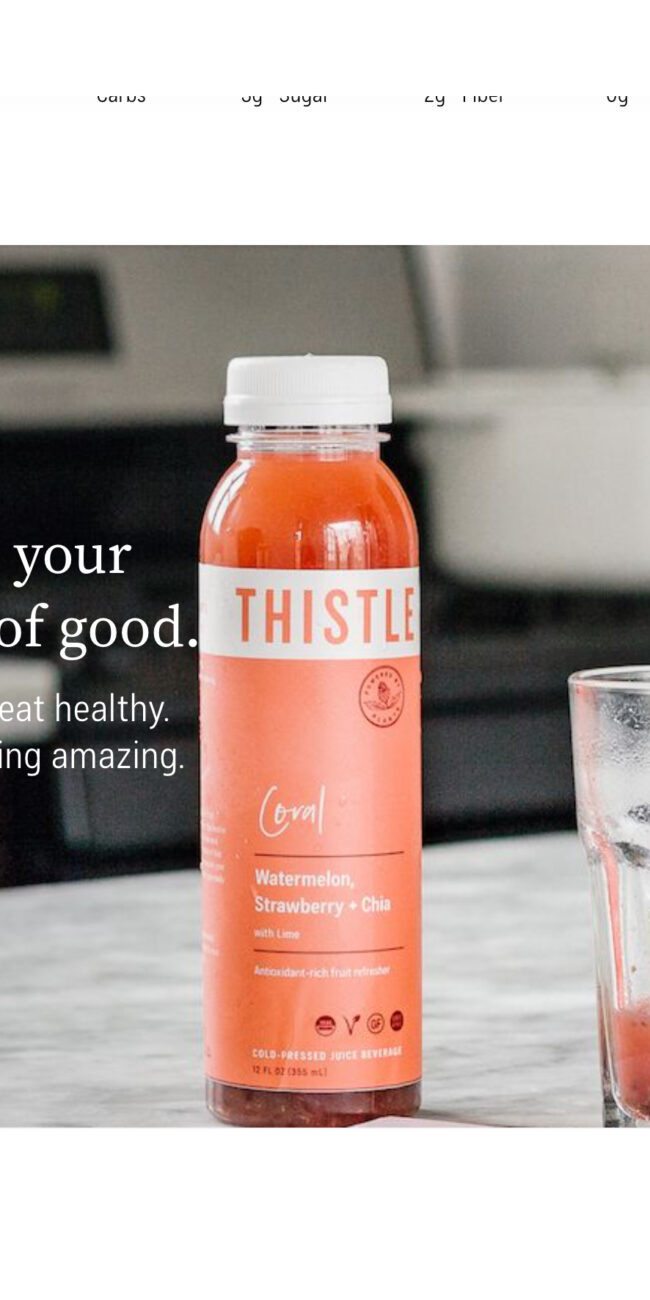
The Future of Work
What are future working spaces going to look like and what shapes how we see future work environments? New research shows that expectations have changed for employers and brands alike. How you’re making the transition.


In an ever-changing digital environment, flexibility has become more important than ever. With companies putting more and more efforts into finding and holding talents, it’s vital to know what Millenials and Generation Z are looking for in a work place. Throughout the pandemic but also due to new possibilities in digital environments, needs have changed faster than ever. Our new surveys show what young talents are looking for and how they picture they ideal work environment.
Working remote, flexible working hours and the opportunity to work from everywhere: Incentives for young professionals are dominated by the wish for more freedom, independence and opportunity. However, there are other wishes and expectations we continue seeing. Our surveys find that 80% of Gen Z employees (compared to 60% of Babyboomers) are looking to improve their work- life balance, with growing interest in separating their work and private life. While Start Ups and young, lifestyle-oriented companies were popular among young talents for the past years, there is a sudden shift back towards security and stability. Gen Z doesn’t look for the Starbucks card or free drinks, but appreciates keeping their work life at the office, valuing time spent absent from work.
Separating work and life is a challenge companies face, especially with remote work becoming more and more popular. Despite not wanting to mix up work and their private life, more than 80% of Gen Z talents are looking for flexible working hours and the possibility of working remote. While this may seem contradictory first, it only makes sense as we are taking a closer look. While working from home can result in increased stress and less time off, when implemented intentionally, the benefits are clear to see. Employees spend less time commuting – a demand expressed in more than 90% of Gen Z talents that lived more than a 1 hour daily drive from their work place. Gen Z talents also mention a higher level of focus (65%) and more flexibility for personal appointments (70%) as main benefits for working remote. 55% of younger talents feel like they are more productive when being able to work on their own schedule. Feeling less distracted by colleagues or a busy work environment is often mentioned among younger employees.
What are the consequences of these finding and how can companies bridge the gap between quality remote work and a great work-life-balance? First off: Remote work needs to be implemented intentionally. Simply releasing employees from the office and letting them organize their workspace on their behalf just doesn’t do the trick anymore. Companies need to have an intentional strategy, respecting their employees private sphere and time-off. The first step is implementing a sustainable strategy of measuring employees on the outcome much rather than hours spent working.
Second, when implementing a strategy, companies need to focus on employees needs and wishes as they focus on customers or clients. They are the most valuable resource and need to be treated as such. While this could be the end of After Work Parties and fruit baskets, we can all build a better and more sustainable work culture seeing the employee as what he is: The innovative force behind a company and business. Strengthen their loyalty with less-but-better benefits, with a holistic work culture and with what is asked by most of Gen Z talents: Approval and authentic appreciation.







